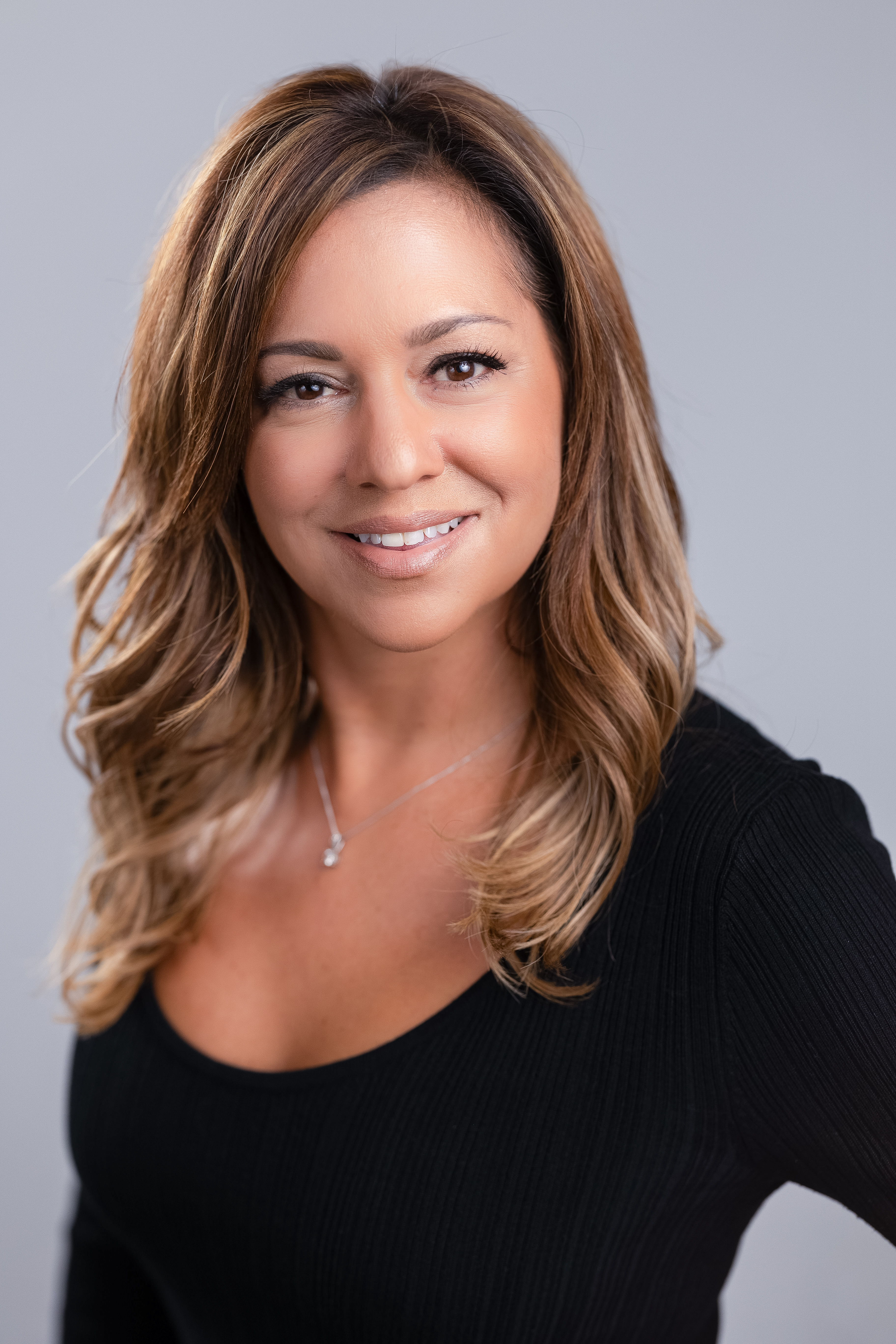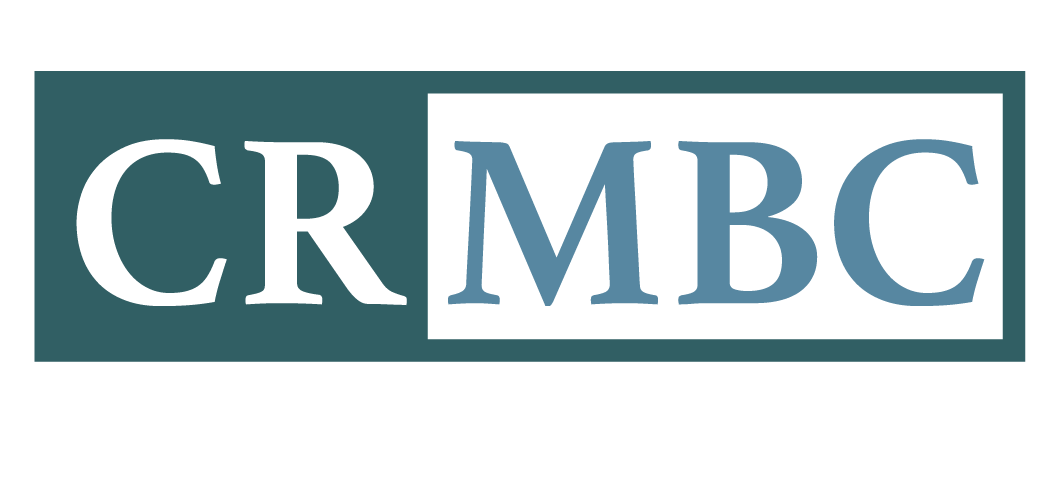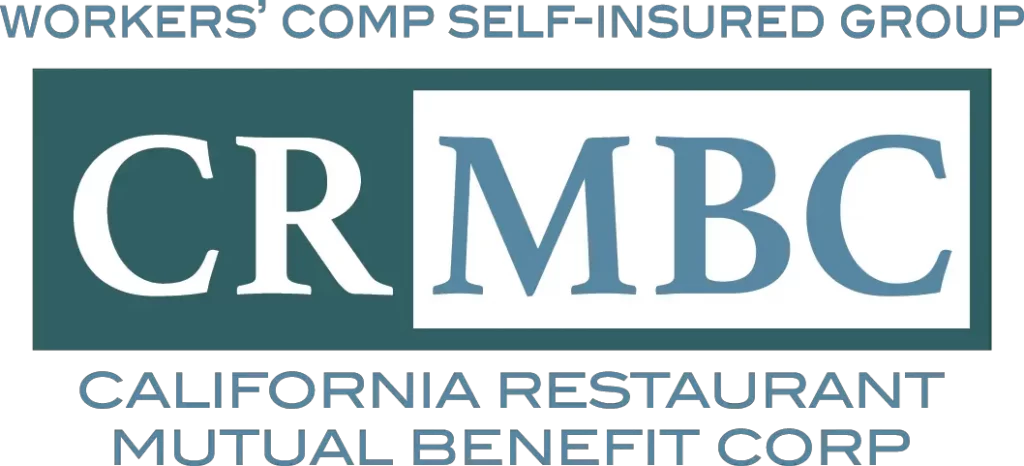Author: Kaya Stanley, Board Chair and CEO, CRMBC
In a recent episode of the CRMBC Self-Insurance Podcast, I sat down with Ruben Medina, Principal of Acrisure Insurance, Southwest Region, to discuss workers’ compensation and self-insurance for California’s restaurant industry. With 32 years of experience, Ruben provides a wealth of knowledge on how self-insurance can be a game-changer for restaurant owners.
A Journey into Insurance
Ruben’s path to the insurance industry is quite unusual. Initially an athlete aspiring to join the Olympic team, he transitioned to insurance at a young age due to familial responsibilities. Ruben’s father, who owned an insurance agency, suggested he try to be a producer. Despite initial reluctance, Ruben’s organizational skills and dedication became apparent when he helped a client streamline multiple policies very early in his career. This talent for detail management and customer service set him up for a fascinating career.
Ruben recalled, “I wasn’t too excited about insurance at first, but I had a family to support. Once I started organizing policies for a client who owned multiple properties, I realized I had a knack for it. That client, who owned several McDonald’s franchises, eventually became a mentor and a long-term client.”
The Power of Relationship Building
This early experience set the tone for Ruben’s career. His approach to insurance isn’t just about selling policies. Ruben emphasized, “It’s not about selling a commodity. You have to find business solutions for your clients. For restaurant owners, that means understanding their unique challenges and, for example, helping them navigate the complexities of workers’ compensation.”
Given his focus on understanding his clients’ business needs, it’s unsurprising that Ruben is a staunch advocate for group self-insurance. In a traditional insurance model, businesses pay premiums and transfer the risk to the insurer. However, this model doesn’t always account for an individual business’s efforts to maintain a safe work environment. Ruben explains that self-insurance allows businesses to pool resources, share risks, and ultimately have more control over their workers’ compensation outcomes.
“I really believe in the concept of group self-insurance because it can be a huge benefit to the business owner,” Ruben noted. “In a group scenario, you’re sharing risk with like-minded businesses and pooling resources together. This allows for better control over workers’ comp claims and can lead to significant savings.”
Real-Life Advantages of Self-Insurance
Ruben highlights several significant advantages of self-insurance for businesses. One of the primary benefits is cost efficiency. By pooling resources, businesses can substantially lower their overall costs. Self-insured groups like CRMBC often experience significant savings compared to traditional insurance models. Ruben emphasized this point, stating, “Self-insurance can reduce costs significantly. Instead of paying high premiums to traditional insurers, members can save money and potentially receive profits if the group performs well.”
Another key advantage is control and flexibility. Self-insured groups have greater control over their claims management. This includes the ability to tailor safety programs to specific needs and having more influence over how claims are handled, which can lead to better outcomes and reduced costs. “You have more control over your claims, which means you can tailor your safety programs and ensure that claims are handled efficiently,” Ruben explained, underscoring the importance of this tailored approach.
Profit sharing is another compelling benefit of self-insurance. In a successful self-insured group, surplus funds can be returned to the members, which contrasts sharply with traditional insurance, where profits typically go to the insurance company’s shareholders. Ruben highlighted this point, saying, “Rather than profits going to the insurance company’s shareholders, they can be returned to the members of the self-insured group.” This profit-sharing aspect makes self-insurance an attractive option for businesses looking to maximize their financial efficiency.
Addressing Common Concerns
Despite the advantages, some business owners are hesitant to join self-insured groups due to past experiences or misconceptions. Ruben addresses these concerns by emphasizing the importance of due diligence and understanding the structure and management of the self-insured group. He reassures that modern self-insurance groups, especially those with robust management and regulatory compliance, offer a stable and beneficial alternative to traditional insurance.
Ruben acknowledged, “There have been ups and downs with self-insured groups in the past, but today’s groups, like CRMBC, are well-managed and offer a stable alternative to traditional insurance. It’s important to do your due diligence and understand how the group operates.”
The Role of Organizational Culture
A critical aspect of successful self-insurance is the organizational culture. Ruben stresses that businesses with a strong safety culture and proactive management practices are ideal candidates for self-insurance. These businesses benefit from lower costs and contribute to the self-insured group’s overall success and stability.
“If a business has a strong safety culture and is proactive in managing claims, self-insurance can be very beneficial. It’s about investing in your employees and creating a safe work environment,” Ruben said.
Looking Ahead
Ruben also shares his insights on the future of the workers’ compensation market. He predicts that while the market may experience fluctuations, self-insurance’s fundamental benefits will continue attracting discerning business owners. He advises restaurant owners to stay informed and consider all their options to maintain stability and control over their workers’ compensation costs.
Ruben concluded, “The market may fluctuate, but the benefits of self-insurance remain. Business owners must stay informed and consider all their options to create stability and control over their workers’ compensation costs.”
Ruben Medina’s extensive experience and commitment to client success make him a valuable voice in the workers’ compensation and self-insurance discussion. His approach, which combines detailed knowledge with a focus on relationship building, offers a compelling case for why self-insurance can be a strategic choice for restaurant owners looking to control costs and improve outcomes.
For more insights from industry experts like Ruben Medina, subscribe to the CRMBC Self-Insurance Podcast.

Kaya Stanley is an attorney, published author, business owner, and highly sought-after strategic turnaround expert. Ms. Stanley serves as CEO and Chairman of the Board for CRMBC, the largest restaurant workers’ compensation self-insured group in California, and she is the Licensee for TEDxReno, an independently organized TEDx Event.
Throughout her 22 years of practicing law, Ms. Stanley has served as outside counsel for Wal-Mart and Home Depot. She was voted one of the country’s “Top 25 OZ Attorneys” by Opportunity Zone Magazine and published a best-selling book called “The Employer’s Guide to Obamacare.” Before that, she earned her master’s degree in social work and public policy, after which she worked with at-risk girls in Detroit and lobbied for women and families.








